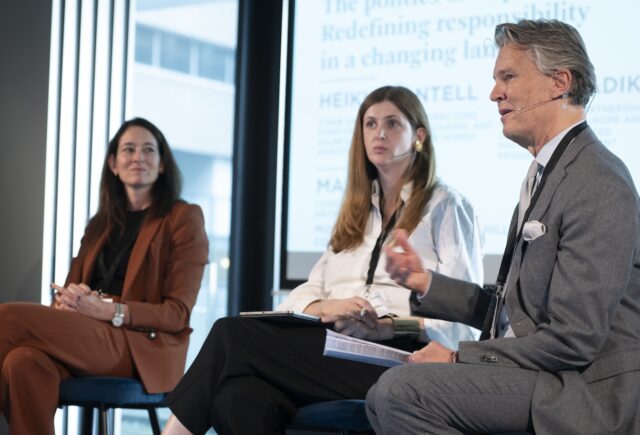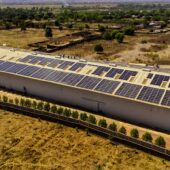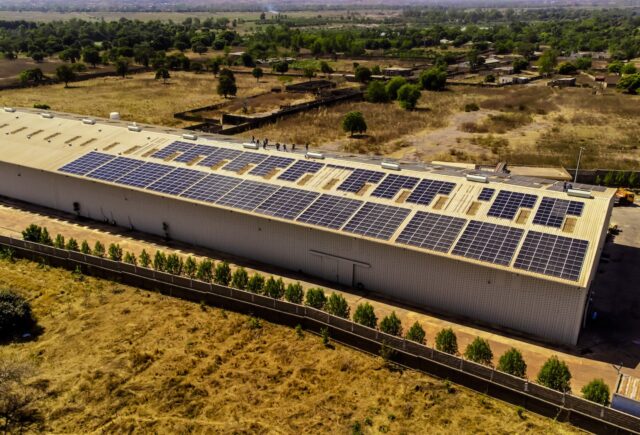Protix, which produces commercially viable insect-based food ingredients, eyes international expansion after securing backing from new and existing impact investors in its latest fundraising round
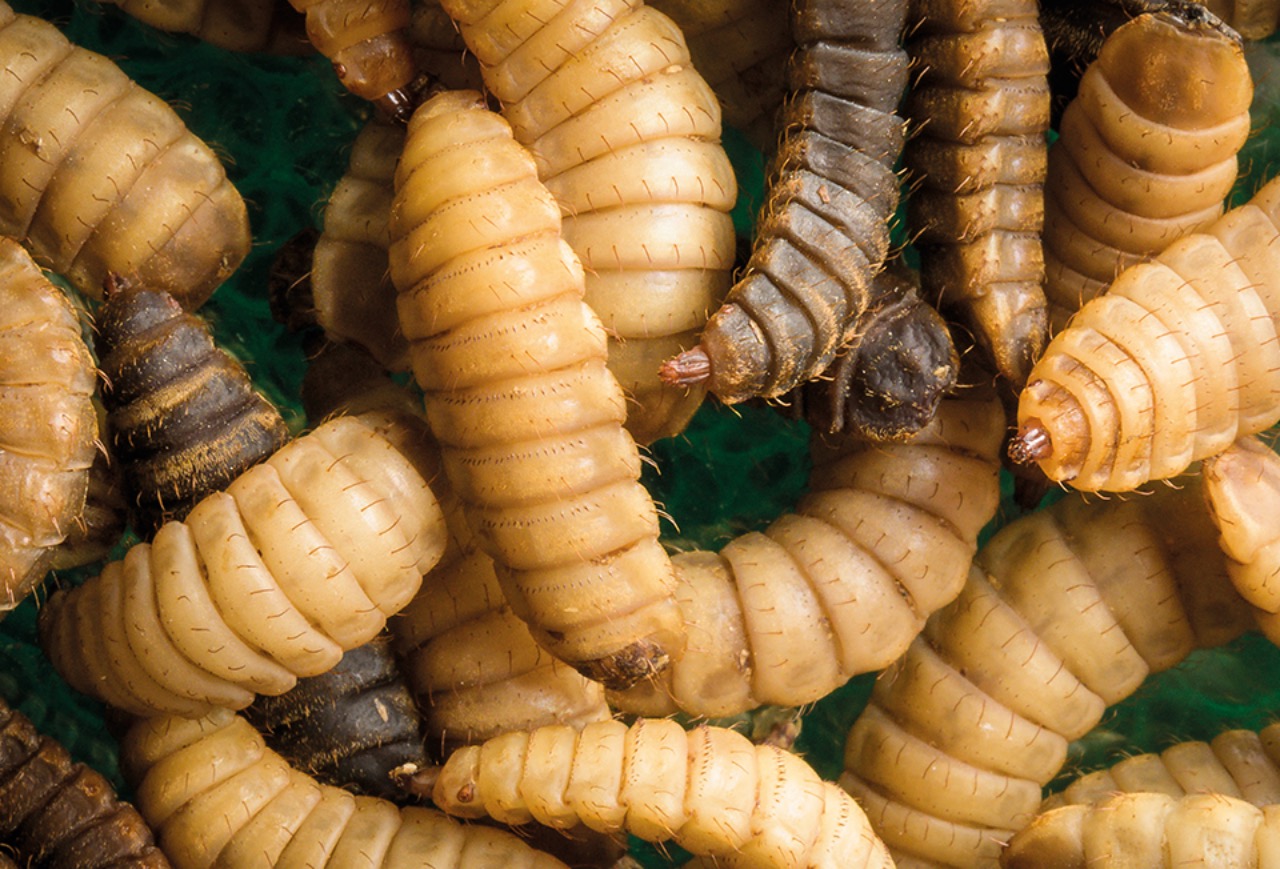
In brief
- Protix breeds larvae from the black soldier fly, which are fed with organic waste from the food industry.
- The firm processes the bugs into ingredients for use in feed for pets, fish, chicken and other animals.
- The European Circular Bioeconomy Fund, BNP Paribas, the Prince Albert II Foundation and The Good Investors, have joined existing shareholders Aqua-Spark, Rabo Investments and Invest-NL in the company’s latest fundraising round.
Protix, the only company in the world to produce commercially viable insect-based food ingredients, raised €50 million from impact investors to expand internationally.
The European Circular Bioeconomy Fund (ECBF), BNP Paribas, the Prince Albert II Foundation and The Good Investors joined existing shareholders Aqua-Spark, Rabo Investments and Invest-NL in the company’s latest fundraising round.
Protix breeds larvae from the black soldier fly, which are fed with organic waste from the food industry. Protix in turn processes the bugs into ingredients for use in feed for pets, fish, chicken and other animals.
This alternative and cheap source of protein reduces overfishing and deforestation for soy farming and is considered a strong growth market, which may be worth more than $4.1 billion a year by 2025, according to researcher Arcluster.
Dr Peter Nieuwenhuizen, founding partner of venture capital firm ECBF, said he was “delighted to support Protix’s visionary approach to closing the food cycle, which activates a previously untapped potential, and to accompany the team as it continues to expand its unique position in the market”.
‘Visionary entrepreneurs’
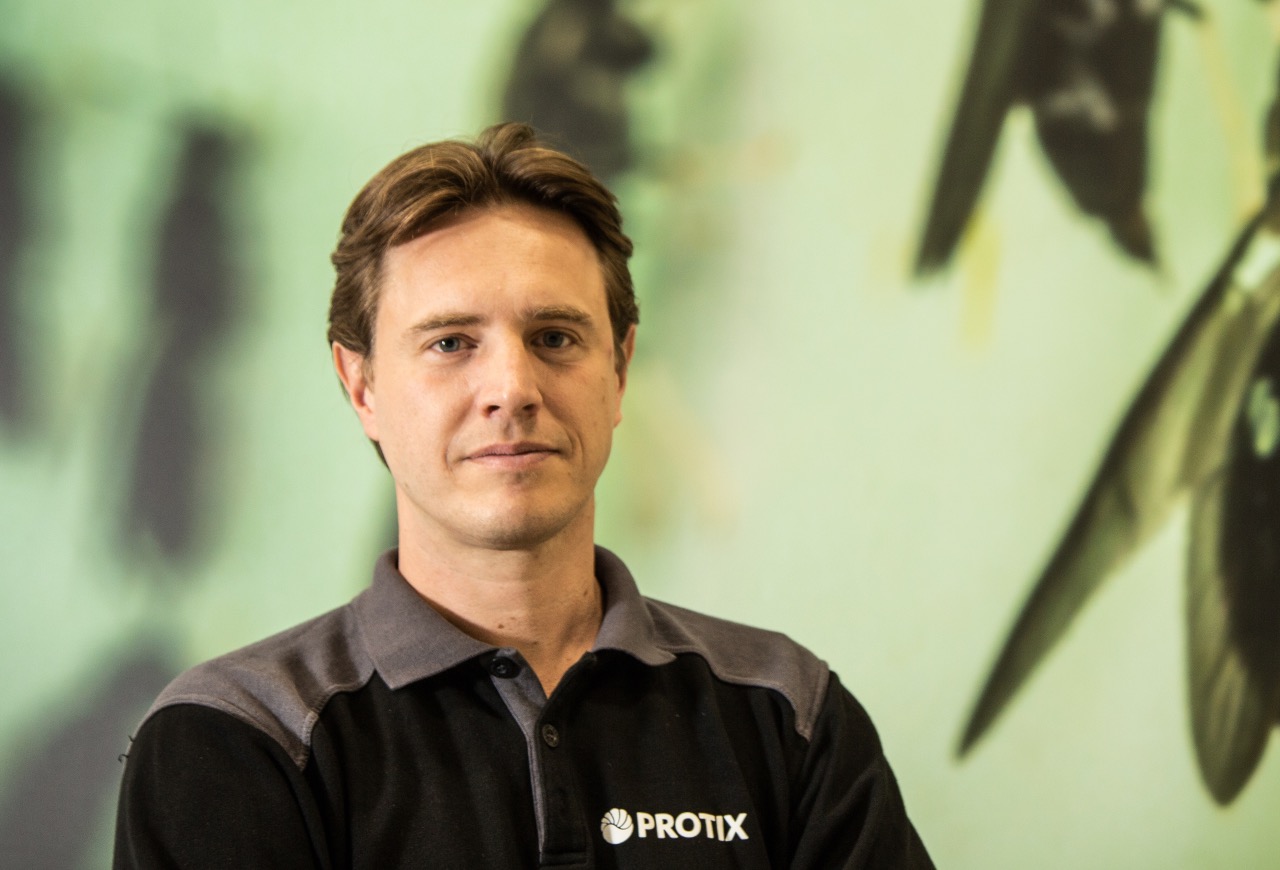
Nieuwenhuizen’s fund was launched two years ago with capital commitments of €100 million from the European Investment Bank. It aims to invest in companies run by “visionary entrepreneurs who are driving the transition from a fossil-based to a bio-based economy”, according to its website.
Protix was founded in 2009 by former Delft University alumni Kees Aarts and Tarique Arsiwalla, who left high-paid jobs at consultancy firm McKinsey to start breeding insects. A decade later, Protix opened the world’s biggest insect factory in Bergen op Zoom, the Netherlands.
It also co-founded the International Platform of Insects for Food and Feed (IPIFF) to enable EU legislation and was the first, and to date only, company in the world to produce insect-based ingredients on an industrial scale.
“Continued appetite from financial institutions and impact investors alike reinforces our stepwise approach of scaling our business”
Kees Aarts, Protix
“With their choice for the fast-growing BSF larvae and an operational factory in the Netherlands, we believe they have all the know-how to be leading the insect industry,” said Nieuwenhuizen.
The successful capital raise, which came a year after a previous round attracted €15.5 million, “underlines Protix’s leading position in the fast-growing insect-based ingredients market”, the company said. Protix will be using the funds for further international expansion and research and development.
“Continued appetite from financial institutions and impact investors alike reinforces our stepwise approach of scaling our business,” said Kees Aarts, Protix’s co-founder and chief executive officer. “This is an important step towards further exponential growth.”
Untapped sustainable source
Mike Velings and Amy Novogratz, co-founders and managing partners of Amsterdam-based investment fund Aqua-Spark, which is an existing shareholder in Protix, praised the company for once again moving to “the next level of scale, from the largest insect factory in the world producing at capacity to this next phase of exponential growth”.
Aarts came up with the idea for an insect farming company when he experienced the effects of overfishing first-hand during a dive trip in Mozambique in 2009.
The pioneering Dutchman, the author of a book called The Footprintarian about moving to a low footprint society, told Impact Investor in an interview in March last year Protix aimed to raise between €200 million and €250 million from investors for international growth in the next four to five years.
Protix “has been instrumental in proving that insects are an untapped and sustainable source of natural protein to address food challenges”, said Sebastien Renaud, investment director, ecological transition capital within BNP Paribas Principal Investments.
Demand for insect protein may jump to 500,000 metric tons annually by 2030, from around 10,000 metric tons last year, according to a report by Dutch lender Rabobank.
“Our philosophy is to invest in good ideas and good people,” said Jérémy Genin, chief investment officer at Monaco Asset Management. “Protix is at the epicentre of this investment philosophy. The impact Protix can have on the planet is significant. More importantly, it is managed by a group of passionate and hard-working individuals led by a visionary CEO.”

